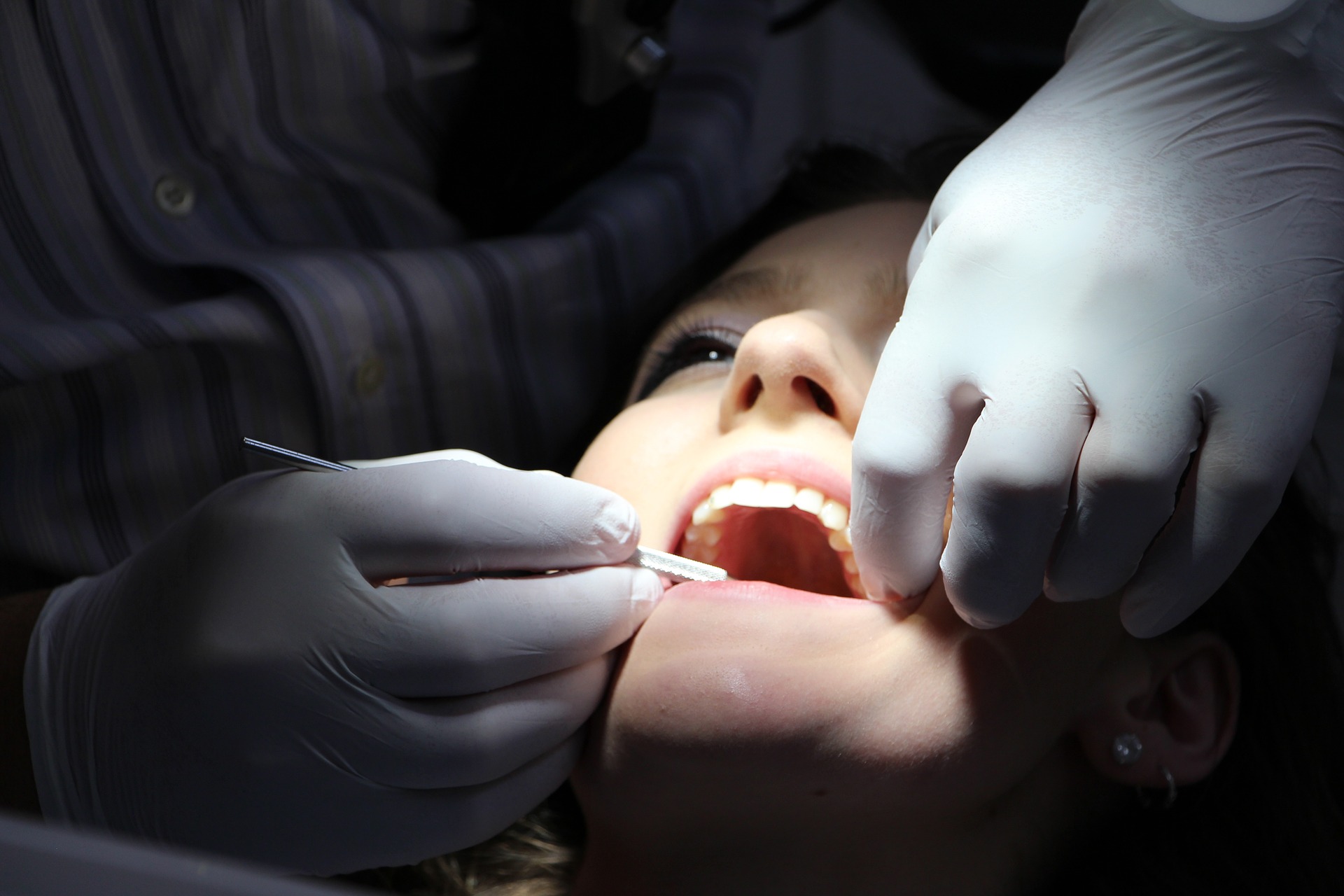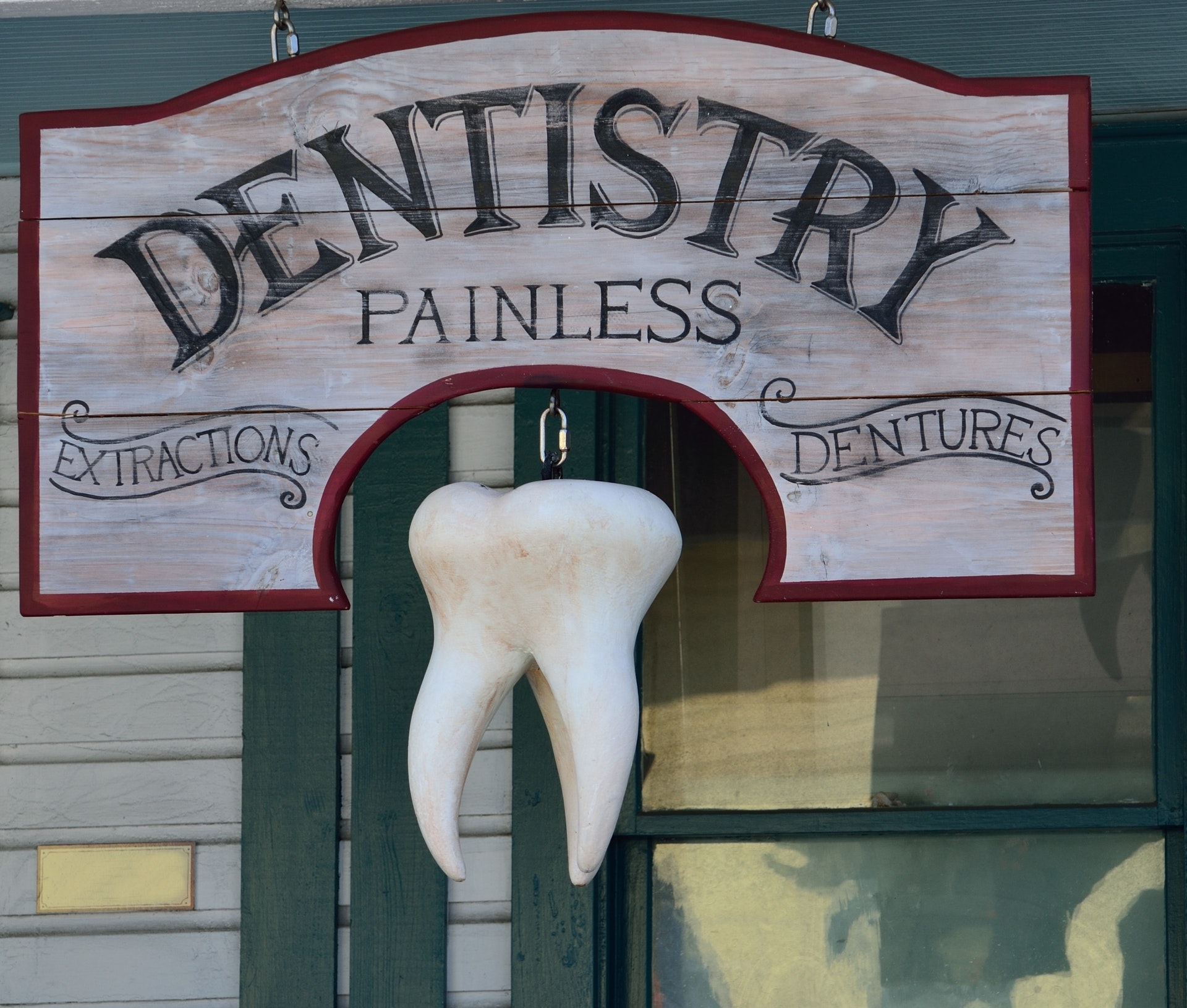Having to visit your dentist once every six months may not be a priority for most, but it is an important appointment you should keep. A regular dental visit usually includes an examination and oral cleaning. During check-up the dentist will look for any buildup of plaque and tartar and commence on cleaning thereafter. He examines the throat, tongue, gum and face checking for any swelling or redness that may be an indication of a possible problem. Other benefits of a regular visit to the dentist include:
- Dentists are highly trained to check out for early signs of serious diseases such as oral cancer.
- Dentists take care of the plaque and tartar buildup in those hard-to-reach places.
- Regular appointments will take care of tooth decay causing cavities or erosion of the mouth’s gum tissue.
Types of Dental Checkups
Professional Dental Cleaning and flossing
Professional cleaning of your teeth by the help of a certified oral hygienist is a critical part your general oral health. Dental professionals advise that having your teeth cleaned every 6-12 months reduces the chances of periodontal disease flair ups and buildup of tartar.
Routine tooth cleaning is painless. It involves the dislodgment of tartar and the smoothening of the tooth’s surface. Done professionally, the individual scaling of the teeth is painless with no injury to the gum. Patients can be assured that the mild vibrations and the pressure from the hand-held smoother will not cause discomfort.
Crowns and bridges
Looking for a secure way to fill gaps and prevent further buildup of bacteria? Well, consider a professional dental crown or bridge. When done right, these are the best restorative prosthetic devices in the market. Bridges are lucrative to patients that have lost a tooth or in the case of jaw bone loss. During your regular checkup, your dentist will check on previously inserted bridges and implants keenly checking for their placement.
Dentures and Cavities
Cavities have to be the most prevalent disease of teeth. At the scheduled dentist visit, an X-Ray will be taken to detect any cavities between the different sets.
Dental Transplants
Missing teeth can greatly affect your self-esteem. Fortunately, dental implants offer reprieve. They offer a strong foundation for both permanent and removable replacement sets. Patients will usually experience improved appearance, easier eating, improved speech and better overall dental health.
Diseases Indicators
A regular visit to your dentist will allow your dentist to perform diagnostic tests for diseases and biopsies. This could go a long way into rooting out any disorders that could result in chronic diseases.
Optional/ Elective Services
Most common cosmetic dentistry procedures include:
Veneers
Want to improve your appearance? Want to change the color, shape, size and length of your teeth for that perfect smile? Well, consider visiting your dentist to get porcelain veneers. When done by an experienced cosmetic dentist, the veneers will not damage your teeth. With dental veneers, you no longer have to worry about cracked, chipped teeth with worn-out edges.
Teeth whitening
Teeth get discolored for a myriad of reasons. These can range from the intake of stain-causing food and drink to tobacco use and exposure to excessive fluoride in drinking water. Teeth whitening is conducted after the dislodgment of any plaque and tartar found on the tooth. This service is especially attractive to patients undergoing tobacco cessation with the best candidates being those with healthy, unrestored teeth.
Inlays and On-lays
Patients needing teeth strengthening after mild to moderate decay are advised to get inlays and on-lays. These will not only prevent further decay and deterioration but will also restore the shape.
Facts about visiting a dentist
- Do not fret over the dental x-ray. These are relatively harmless with the radiation levels being negligible.
- Do not be embarrassed. Your dentist has probably seen it all. Do not be afraid of judgment over what your dentist may find.
- Pain level is not a guide on when you should visit the dentist. Notably, most oral problems do not result in pain unless they are critical.
Interesting facts about dental hygiene
- There is a right way to use your toothpaste. The more contact the toothpaste has with your teeth, the more effective it will be. Brush for some time, spit out the foam and let the paste sit for half an hour then rinse it out.
- Certain medication may be the root of your dental problems. An aspirin a day or regular blood pressure medication may cause a spike in cavities.
- Ignoring your dental hygiene may result in even bigger problems. Studies have shown that ignoring tooth decay caused by harmful bacteria can elevate into a heart disease. This is because these bacteria travel to the bloodstream causing inflammation.
- Do not brush right after a meal. This is especially true for acidic foods as the acid may result in softening of the enamel. Wait for an hour or so before brushing.
Invest in professional and regular dental visits and be well on your way to a brighter and healthier smile.


